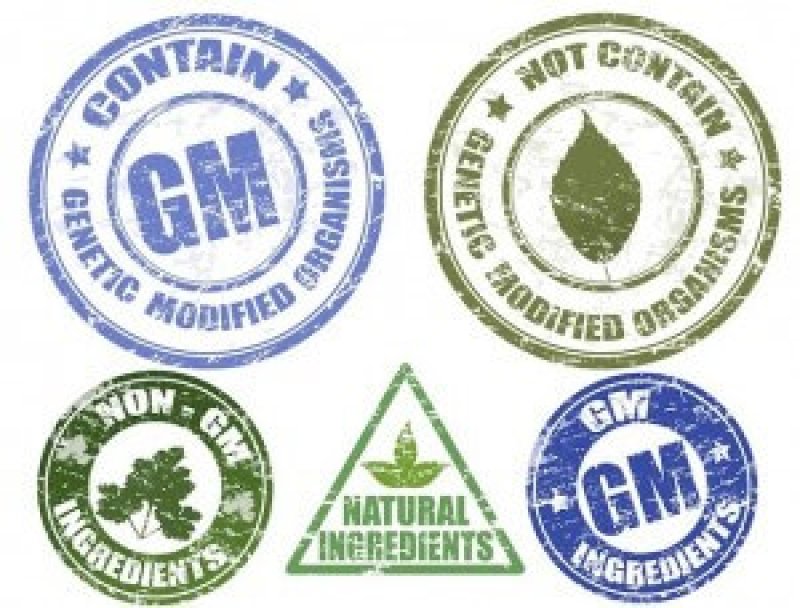Sixty-four nations enforce consumer “right-to-know” laws on GMO food, while the United States has little regulatory framework surrounding genetically modified food products:
Australia, Austria, Belarus, Belgium, Bosnia and Herzegovina, Brazil, Bulgaria, Cameroon, China, Croatia, Cyprus, Czech Republic, Denmark, Ecuador, El Salvador, Estonia, Ethiopia, Finland, France (now de facto ban on all GMO food), Germany, Greece, Hungary, Iceland, India, Indonesia, Ireland, Italy, Japan, Jordan, Kazakhstan, Kenya, Latvia, Lithuania, Luxembourg, Malaysia, Mali, Malta, Mauritius, Netherlands, New Zealand, Norway, Peru, Poland, Portugal, Romania, Russia (has postponed GMO planting and may consider ban), Saudi Arabia, Senegal, Slovakia, South Africa, South Korea, Spain, Sri Lanka, Sweden, Switzerland, Taiwan, Thailand, Tunisia, Turkey, Ukraine, United Kingdom, and Vietnam.
That’s a lot of countries. Yep. What’s more, even while the U.S. does not require GMO food labeling, it is the largest commercial grower of genetically modified crops in the entire world.
Today’s GMO foods are generally considered safe for human consumption, but polls consistently indicate that a huge majority of Americans support mandatory labeling requirements for food products that contain genetically modified ingredients.
Ramez Naam, author of The Infinite Resource: The Power of Ideas On a Finite Planet, says, “By fighting labeling, we’re feeding energy to the opponents of GMOs. We’re inducing more fear and paranoia of the technology, rather than less. We’re persuading those who might otherwise have no opinion on GMOs that there must be something to hide, otherwise, why would we fight so hard to avoid labeling?”
Read the full, original article: 64 Countries That Have Done What the U.S. Won’t to Make Our Food Safer
































